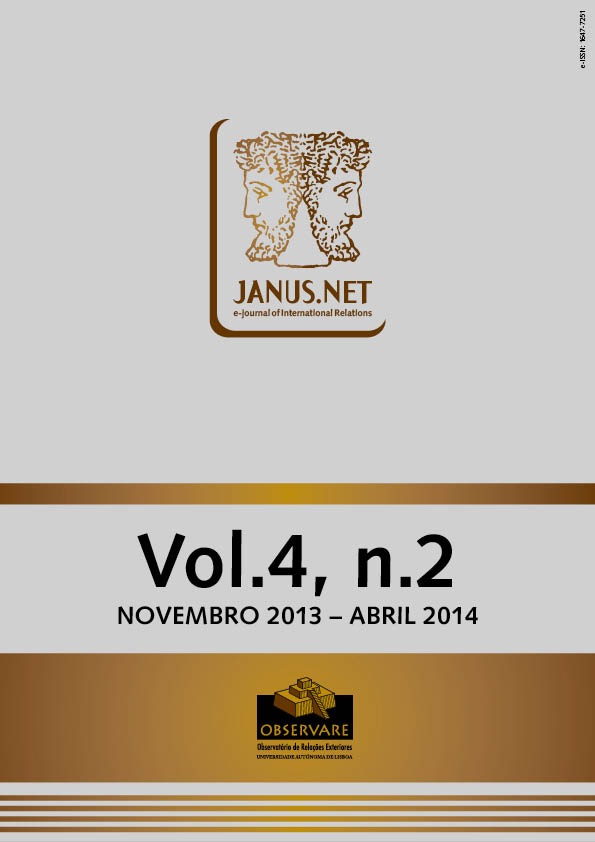The author states that any form of international justice always represents a means of limiting national sovereignty. In the case of International Criminal Law, this limiting is even more evident by compromising elements essential to the classical paradigm of International Law, as for example the punishing monopoly of States or the concept of a quasi-absolute State sovereignty. International criminal tools, crimes, sentences, jurisdictions, are all able to be, at least partially, a legal alternative to the issues of peace-keeping and national security, exclusively political and diplomatic. This alternative inevitable leads to tensions with a power structure that has not been altered since 1945. However, for this legal criminal alternative to be put in place, a long period of maturation will be required based on irrefutable technical and legal credibility.
International criminal justice and the erosion of sovereignty
http://hdl.handle.net/11144/563
Soares, Miguel de Serpa Soares
Abstract
Keywords
Sovereignty, International Crimes, International Criminal Court, Security/Aggression, Soberania, Crimes Internacionais, Tribunal Penal Internacional
Artigo publicado em 2013

